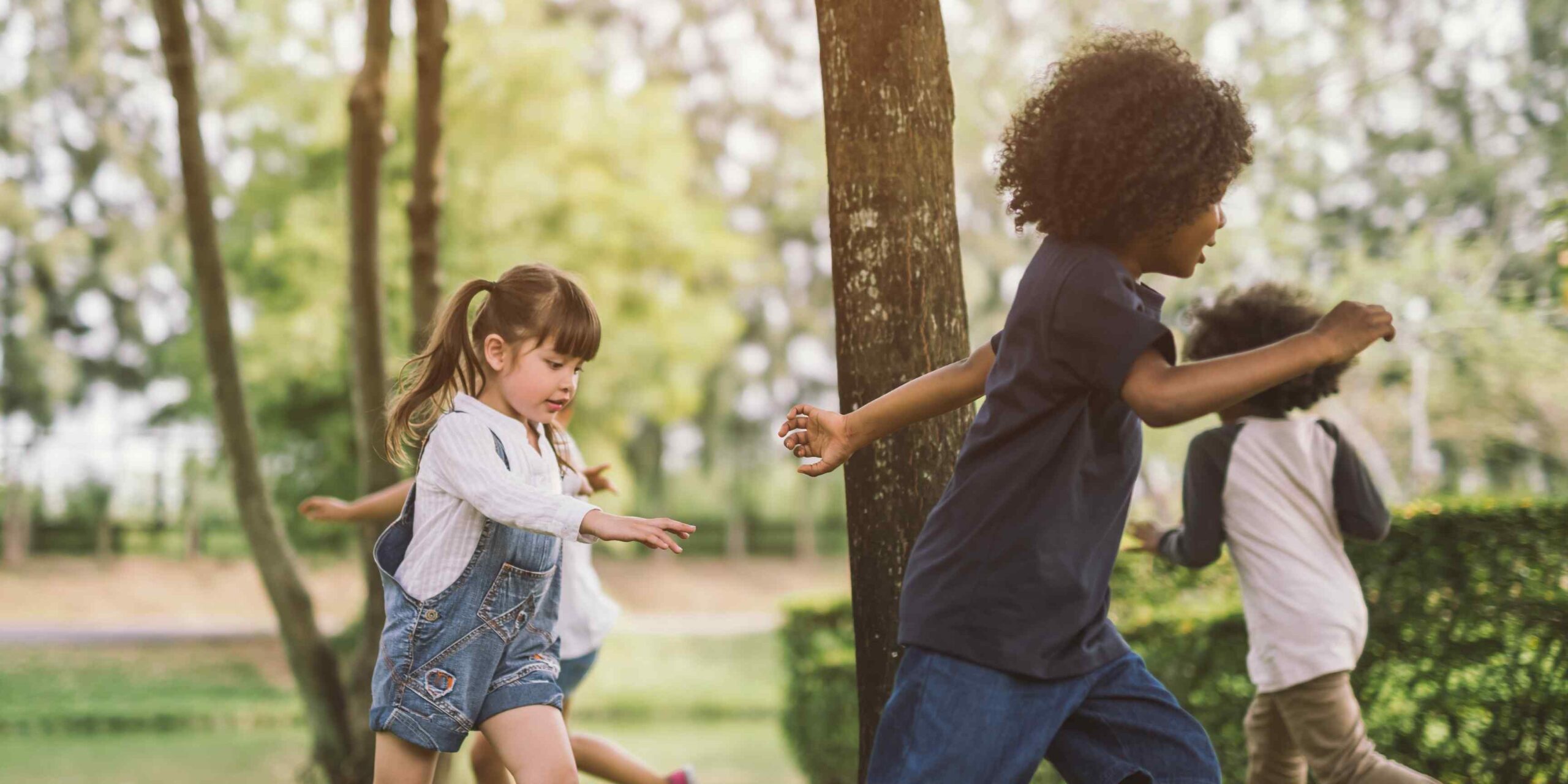This post may contain affiliate links. We may earn money from products we link to in this post.
When it comes to our children’s health, we parents are naturally concerned, and I’ve discovered that there are numerous misconceptions and myths regarding playing outside. Have you heard the following three myths?
Myth 1- Kids With Fever Need To Stay Indoors
Many parents get worked up about fever and go to great measures to suppress it, although fever really helps your child’s body battle the infection.
Allow your child to stay in bed if she is too unwell to get out. However, even children with fevers frequently become restless and want to get up and play. If that’s the case, there’s nothing wrong with allowing them to go outside as long as they’re comfortable. Although fresh air can not heal illness, it may aid in your child’s sleep, as many children slumber well outside.
Myth 2 – Do Not Swim After Eating
This is so widely believed that I only discovered a few years ago that it is a fiction. Although youngsters (and adults) may experience cramps while swimming on an empty stomach, this has never resulted in a drowning. You might be more comfortable if you avoid swimming after a large meal – my mother still reminds me that the body needs rest to digest food correctly – but it’s not unsafe to do so.
Myth 3 – Outdoor bacteria cause ear infections
No, being outside in cold, wet, or windy weather without covering your ears does not cause ear infections; instead, bacteria from the throat migrate up the eustachian tube. A child with an ear infection does not have to stay inside during rainy weather. Covering your child’s infected ears, will not protect or heal an infection, but it may help him feel more comfortable in cold or windy conditions.
Myth 4 – Kids Are More Active In Summer
Summer, with its easy, breezy days and plenty of opportunity for physical play, would seem to be a more active season in a child’s life. After all, youngsters are busy learning during the school day. But not according to a study that compared physical health in children during the summer against the school year. Researchers discovered that overweight and obese youngsters gained more weight throughout the summer in one large study. Unfortunately, studies have shown that fitness gains made throughout the school year are lost during the summer, and physical activity decreases during the summer.
Myth 5 – Country Kids Are Always Outside
The pure air and natural surroundings make rural children immune to nature deficit disorder. However, a research found that rural youngsters spend more time in front of devices than in outdoors. The researchers questioned 543 sixth- to eighth-grade kids in rural South Carolina and discovered that screen usage was greater than outside time for almost every demographic group studied. Students who reported more screen time also indicated lower levels of connection to nature.
Myth 6 – All Kids Love The Outdoors
A study done by the University of Chicago looked at how children develop a bond with nature. It discovered that whereas adults want more complex or controlled environments, children do not. Cities are actually preferred by children. So when your kids complain about not liking hikes, there may be some truth to it. We naturally believe that enjoyable outdoor experiences can only improve a child’s interaction with and perception of nature. And a lot of them.
Myth 7 – There Is A Higher Chance Of Kids Getting Hurt Playing Outside
As much as we want to shield our children from every scrape and bruise, some experts believe that keeping children safe actually involves allowing them to take risks. Many experts believe that outdoor play, particularly dangerous play, is an essential part of childhood development. Risky play is said to help youngsters learn, gain resilience, and confidence. You learn from your mistakes, as the old adage goes. Without bumps and bruises, how will children learn to control their bodies or push their physical limits?
Myth 8 – Older Kids Don’t Need To Play Outside
From their early childhood experiences, older children should have a lifetime relationship to nature. There’s no need to make an effort to get kids out in nature. Big misunderstanding. Unstructured free outdoor play tends to decline in preteens and teens, most likely due to the incursion of electronic gadgets into the lives of tweens and teens.
Researchers from the University of Derby, the University of Exeter, Natural England, Historic England, the National Trust, the Royal Society for the Protection of Birds, and The Wildlife Trusts examined nature connection in older children and discovered that young people’s connection to nature declines sharply after the age of 11 and does not recover until they are 30. So, tweens and teens, get out there!
Myth 9 – Kids Should Not Play Outside In The Winter
Prepare your child’s winter clothing. The truth is that winter play can provide your child with numerous advantages that summer play cannot. And as long as you are wise about winter play by carefully monitoring the weather conditions and wearing your child appropriately, your child may have a great time in the cold.

